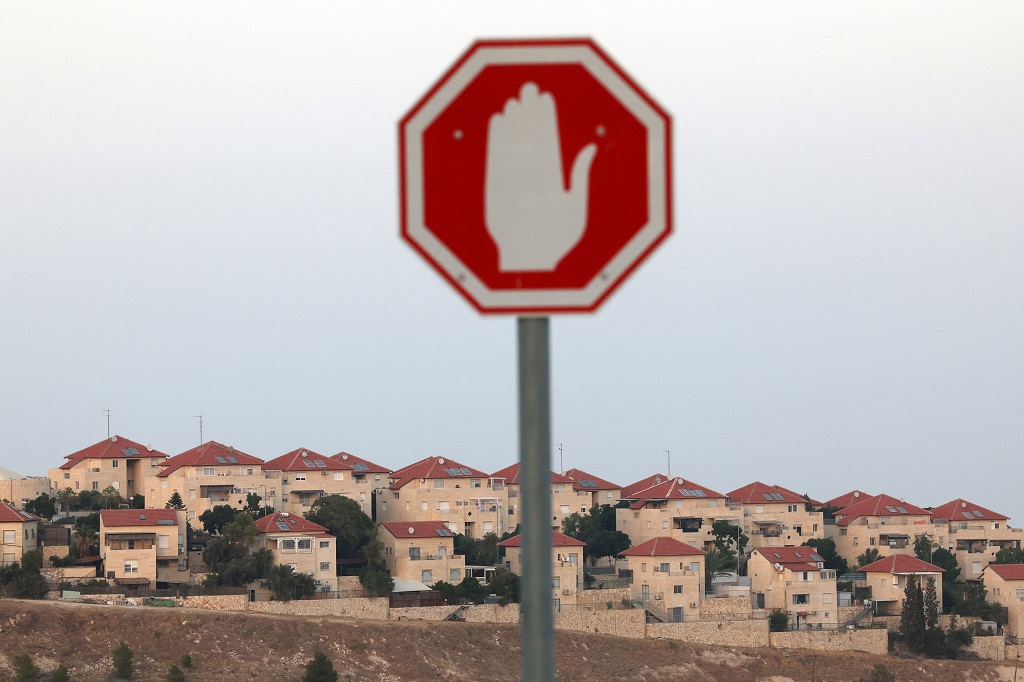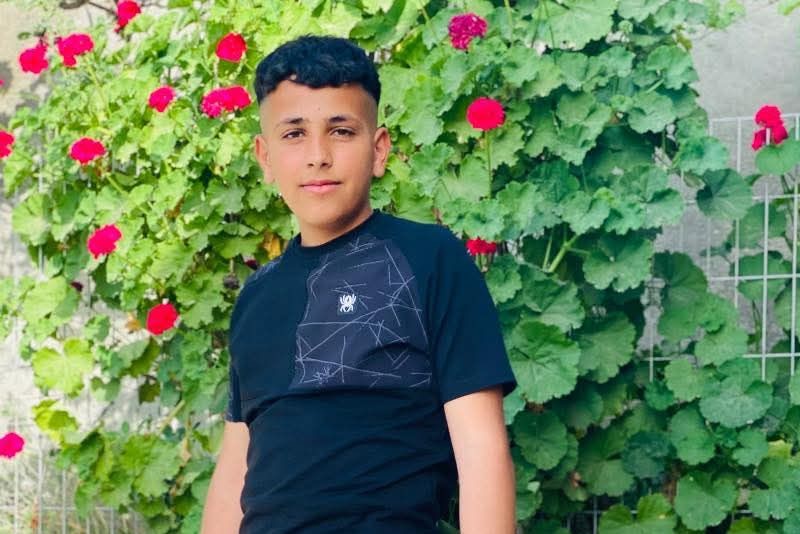RAMALLAH,
July 5, 2015 (WAFA) – Israeli soldiers last Thursday targeted journalists working
for Jordan's Ro'ya TV with teargas while they were covering a peaceful
Palestinian demonstration near Jaba, a village north of Jerusalem.
The
demonstration was held to mark the first anniversary of the death of Mohamed Abu Khudeir, a 16-year-old Palestinian who
was burnt to death in a wood near West Jerusalem.
Ro'ya TV posted a video online showing Palestinian Territories bureau chief
Nebal Farsakh and cameraman Mohamed Shousha being targeted although they were
wearing bulletproof vests marked 'Press.' They were taken to a
hospital with facial burns.
Alexandra El
Khazen, the head of the Reporters without Borders Middle East and Maghreb desk said,
“The Israeli security forces must respect the physical integrity of journalists
who are just doing their job by covering demonstrations.”
“We remind
them that the UN Human Rights Council adopted a resolution in March 2014
recognizing that journalists play an essential role by covering protests.”
The incident
was not the first time Israeli forces target journalists in recent months. On
May 17, Israeli police used force to prevent a crew with Russian TV station RT from
filming during Jerusalem Day, which commemorates Israel's conquest of East
Jerusalem and the Old City during the 1967 War.
Although
they had accreditation, RT reporter Dalia Nammari and cameraman Muhammad
Aishuwere were manhandled and their camera was broken. They have filed a
complaint.
Nidal
Ashtiyeh, a Palestinian photojournalist working for the Chinese news agency
Xinhua, was covering a Palestinian demonstration near Nablus on May 15 marking
the 67th anniversary of the Nakba when he was badly injured in an
eye by a rubber-coated bullet fired by an Israeli soldier. He has not yet
recovered his sight in the eye and needs to receive special treatment.
The Israel army
also stopped a peaceful demonstration by the Palestinian Journalists' Syndicate
in the West Bank city of Bethlehem on May 2 (the eve of World Press Freedom
Day). The demonstrators had planned to march from the edge of the city to an army
checkpoint but were stopped by teargas and flash grenades.
B’Tselem, an
Israeli human rights group, says, “This type of abusive behavior has gradually
become a part of everyday reality for Palestinians of the occupied territories.
On occasion there are also cases of more serious violence, which Israeli
authorities condemn but often do not take real measures against the
perpetrators.”
“Most cases
involve a 'small dose' of ill-treatment such as a slap, a kick, an
insult, a pointless delay at checkpoints, or degrading treatment. These acts
have become an integral part of Palestinian life in the Occupied Territories.
From time to time, however, cases of severe brutality occur.”
M.N/M.H











